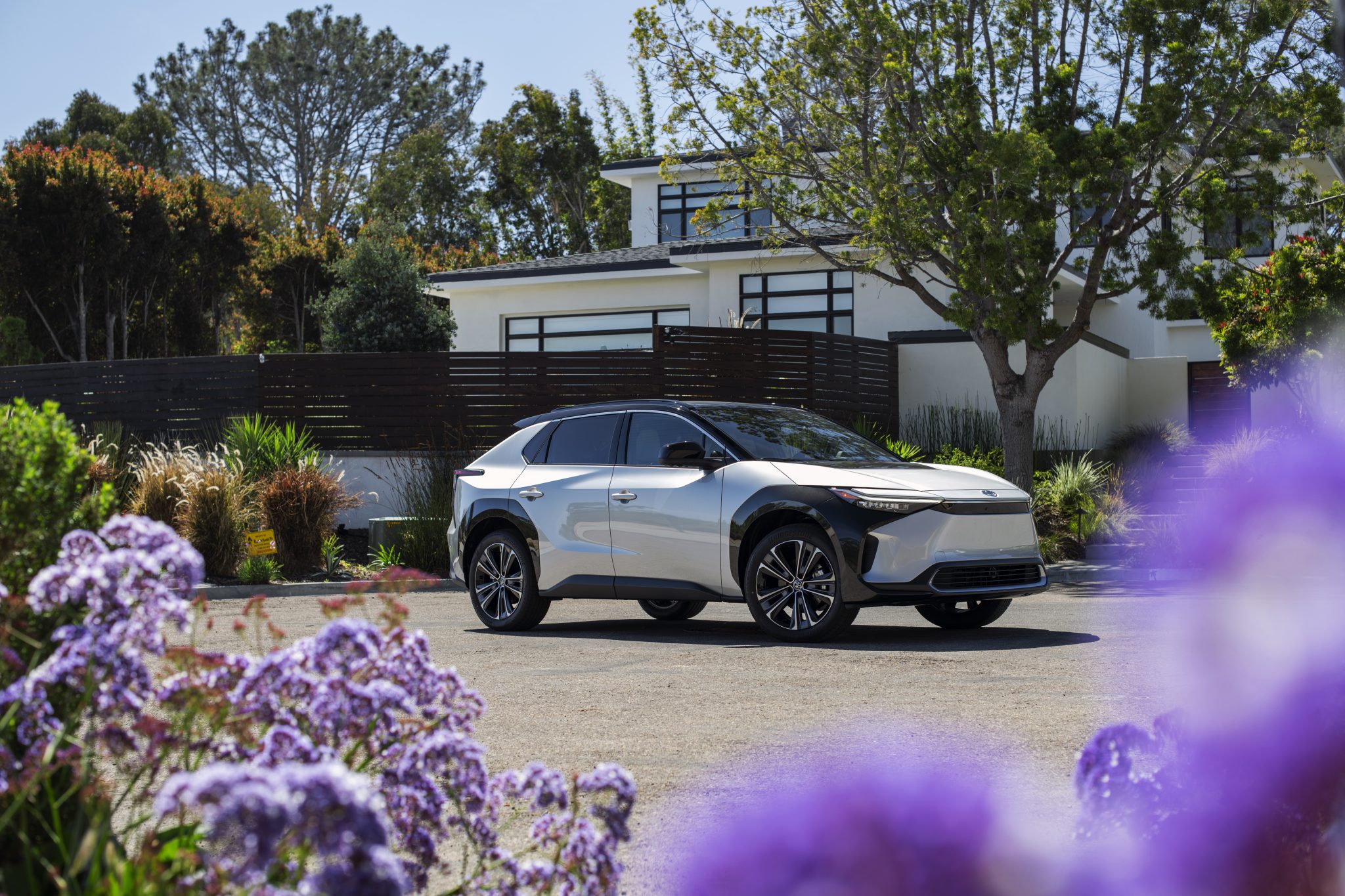Toyota, the world’s second-largest carmaker, has recently announced a significant breakthrough in battery technology that could revolutionize the electric vehicle (EV) industry. The Japanese auto giant claims to have developed a solid-state battery with a range of 745 miles (1,200 kilometers) that could charge in 10 minutes or less, a feat that could potentially double the distance of vehicles running on conventional lithium-ion batteries under the same conditions.

The solid-state battery, as its name implies, employs solid electrolytes, a departure from the liquid ones found in conventional lithium-ion batteries. This shift is more than just a technical nuance. It’s a potential revolution for EVs, promising to slash charging times, boost capacity, and mitigate the fire risk associated with lithium-ion batteries.
Read about Solid State Batteries vs Lithium.
Toyota’s solid-state battery technology could be the silver bullet the EV industry has been seeking, addressing the key drawbacks of conventional lithium-ion batteries, namely limited range and lengthy charging times. The company has been nurturing this technology since 2012, and its efforts have borne fruit in the form of over 1,000 solid-state battery patents, outpacing any other carmaker.
In addition to this groundbreaking technology, Toyota has announced a nearly $50 million investment to construct a new laboratory facility at its North American R&D headquarters in York Township, Michigan. This lab, expected to open in 2025, will evaluate batteries for electric and electrified vehicles in North America, ensuring that Toyota’s batteries meet North American customer requirements by confirming performance, quality, and durability.

Keiji Kaita, the president of Toyota’s research and development center for carbon neutrality, has been instrumental in this breakthrough. Under his leadership, the team has developed methods to enhance battery durability, culminating in the creation of a solid-state battery with a range of 1,200km (745 miles) that could charge in less than 10 minutes.
The commercialization of Toyota’s solid-state battery technology is on the horizon, with a projected launch in 2027 or 2028. The development of these batteries is being spearheaded by Prime Planet Energy & Solutions Inc., a joint venture with Panasonic that began operations in April 2020 and employs over 5,100 people, including 2,400 at a subsidiary in China.
Toyota’s strides in solid-state batteries are not just a boon for the company, but also for the planet and consumers. The new technology promises to lower prices and reduce charging times, making EVs more appealing to potential customers.
The extended range will also alleviate ‘range anxiety’, making these cars more suitable for long-distance travel as charging infrastructure continues to develop.
This is also a win for the environment. EVs emit significantly fewer greenhouse gases than traditional cars. David Bailey, a professor of business economics at the University of Birmingham, believes this could be a turning point in the evolution of electric cars, provided Toyota can deliver on its promises.
“Often there are breakthroughs at the prototype stage but then scaling it up is difficult,” Bailey noted in an interview with The Guardian. “If it is a genuine breakthrough it could be a game-changer, very much the holy grail of battery vehicles.”

Toyota is targeting mass production of its solid-state battery from 2027-2028. However, as Electrek points out, it’s wise to temper expectations, given Toyota’s history of delayed timelines.
Toyota’s solid-state battery technology could potentially usher in a new era of electric vehicles, offering improved range and faster charging times. However, the technology is still in its infancy, and it remains to be seen whether Toyota can fulfill its ambitious promises. If it does, the future of electric vehicles could be brighter than ever.
Article Last Updated: May 11, 2025.
